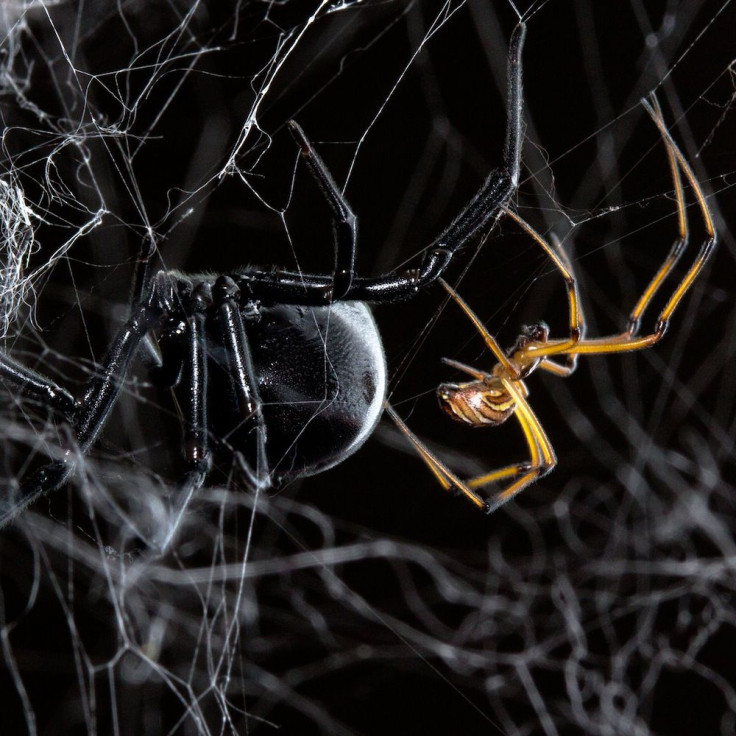The Week In Science: Longest Echo, Booty-Shaking Spiders, And A Falcon's Eye View Of Hunting

This week in science, we learned about research that might debunk ESP, heard about what might be the first genome sequencer to deliver all your DNA for $1,000 and felt safe drinking our usual pot of coffee (a new study shows that caffeine may enhance memory). But there’s still much more science to discover! Here’s a roundup of other news that dropped this week:
Acoustic engineers set a new world record for longest echo (in a manmade structure) this week: 112 seconds. That’s how long it took for the reverberations from a gunshot fired in an underground fuel depot in Scotland to dissipate. The previous record of 15 seconds, set in a mausoleum (also in Scotland), didn’t stand a chance. [BBC]
Need to get a kidney for your sick child? Your waiting time may vary between a few weeks or a few years, depending on the state you live in. A new study finds that Maryland and Texas have some of the longest waits; Maine and the Deep South had the shortest. [LiveScience]
If you were looking forward to seeing the Smithsonian’s dinosaurs, better book tickets to Washington, D.C., soon. The National Museum of Natural History is closing its dinosaur wing in April for five years of renovations. [Washington Post]
A cranberry bog in Massachusetts is becoming a state-of-the-art environmental science lab as it slowly turns back into a wild wetland. You can listen to the sounds of the bog, too, courtesy of the instruments placed by MIT researchers. [Modern Farmer]
That flying V shape that birds arrange themselves in during migrations is an energy-saving measure. In a new study, scientists took an up-close look at the coordination that allows the birds to maximize aerodynamic efficiency. It’s a finely-tuned operation -- birds have to stay in just the right place and flap their wings at just the right time to keep riding with the crew. [Scientific American]
Male black widow spiders have to booty dance for their lives when courting females. A new study examines how the amorous arachnids twitch their abdomens while approaching a lady black widow on her web. The vibrations from his shaking travel through the strands of the web and alert the female to his presence. Delicate dance moves are key -- boogie-ing too hard stirs the female to attack mode. [LiveScience]
Scientists found an enormous valley, deeper than the Grand Canyon, lurking beneath the West Antarctic Ice Sheet in Antarctica. British scientists have dubbed it the Ellsworth Trough. Though covered by the ice sheet above it, its path is still somewhat discernible from space. [Christian Science Monitor]
Want a real rush? Take a gander at this video taken by cameras strapped to the backs of falcons, giving a breathtaking bird’s-eye view of aerial hunting. It’s truly gripping footage:
© Copyright IBTimes 2024. All rights reserved.




















